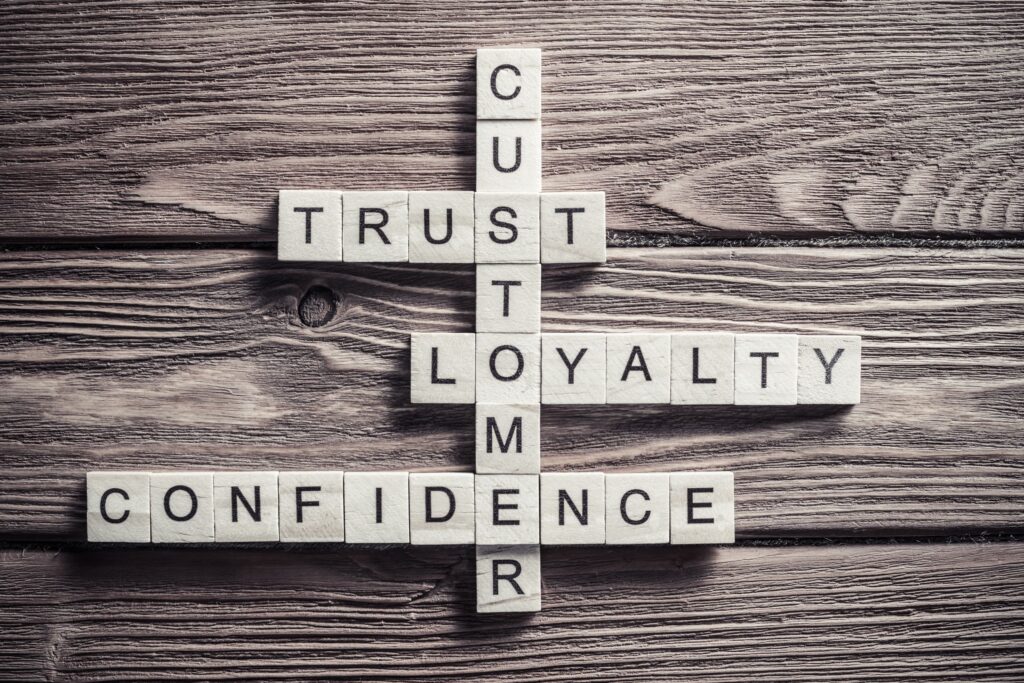“…much work goes into building trust and loyalty with customers and how easy it is to lose it in a single negative experience.”
…………………………………………………………………………………………………………………………………………………………………………
By Paula Courtney,
CEO – The Verde Group
At Verde Group, my team and I have spent years researching customer experience and counselling businesses on how best to deal with their customers, as well as how to reduce friction, cultivate relationships, build trust and avoid negative experiences.
This past summer, a very personal CX nightmare reminded me just how quickly and spectacularly companies big and small can destroy their longstanding relationships. It’s a cautionary tale of how things can go wrong in the blink of an eye.
For 12 years, “Bob” serviced the water pump that provides clean water to my summer cottage. Bob installed the original pump and every spring, he and his team came up to my home away from home to make sure the pump was working properly. And for 12 years, he did a wonderful job — anytime I had an issue, he literally dropped everything and resolved it the same or the next day. He was amazing. I liked Bob and I trusted him.
Then, last summer, while I was at the cottage with friends, Bob showed up unannounced and told me his team had to perform some water pump maintenance to make it easier to shut down the system at the end of the season. I thought it was a bit odd that he hadn’t notified me in advance. I just shrugged and he proceeded to do whatever it was he needed to do. Three weeks later, when I was back in the city, he texted to tell me he needed to return to the cottage to finish the work. I told him okay.
A week after his second visit, I received an invoice from him for $650 for parts and labor. I thought it had to be a mistake — he’d explained earlier that the maintenance was meant to make his team’s work easier, not to repair or replace any parts and, had I not happened to be there on his first visit, I wouldn’t have even known what he was doing or why.
I texted to tell him that I refused to pay for work I never requested. He responded by insisting that I at least pay $350 for the parts he installed. I said no again and, on the spot, I decided to terminate our relationship.
In spite of a 12-year association and the responsive and professional work he had always done, in an instant, Bob had shattered the trust and respect I had for him. Not only had he lost a customer who had paid him thousands of dollars a year, he lost a lifetime of business to come. And to make matters worse, I ended up sharing my story with all of my neighbors. Negative word of mouth like this can destroy a business. Research confirms this — a study conducted in 2006 by the Verde Group and the Baker Retailing Center at the Wharton School, found that one in two shoppers chose not to visit a particular store because they heard about someone else’s bad experience there.
My very personal and disappointing experience got me thinking — as it often does — about how much work goes into building trust and loyalty with customers and how easy it is to lose it in a single negative experience.
Here are a trio of customer experience dos and don’ts to consider:
- Avoid unpleasant surprises — particularly when it comes to billing or charges customers don’t anticipate. These are often viewed as the worst kind of violation of trust.
- Understand the true value of your customer over time — you may think you can get away with a dishonest one-time charge but before you nickel and dime loyal customers, consider the risk you’re taking in destroying their full lifetime value.
- Never underestimate the power of word of mouth and reputational harm. The most detrimental effect of my experience with Bob wasn’t the $650 charge he lost or even my lifetime value. It turned out to be all the friends and colleagues and especially neighbors around my cottage who I’ve vented to about my experience. Word of mouth can build a business but it can also utterly devastate it.
I recognize these tips aren’t exactly brain surgery and yet, every day, companies ruin perfectly great relationships with customers over what should be “common sense” issues. Common sense, as they say, is a superpower and, evidently, too few people and businesses have it.
